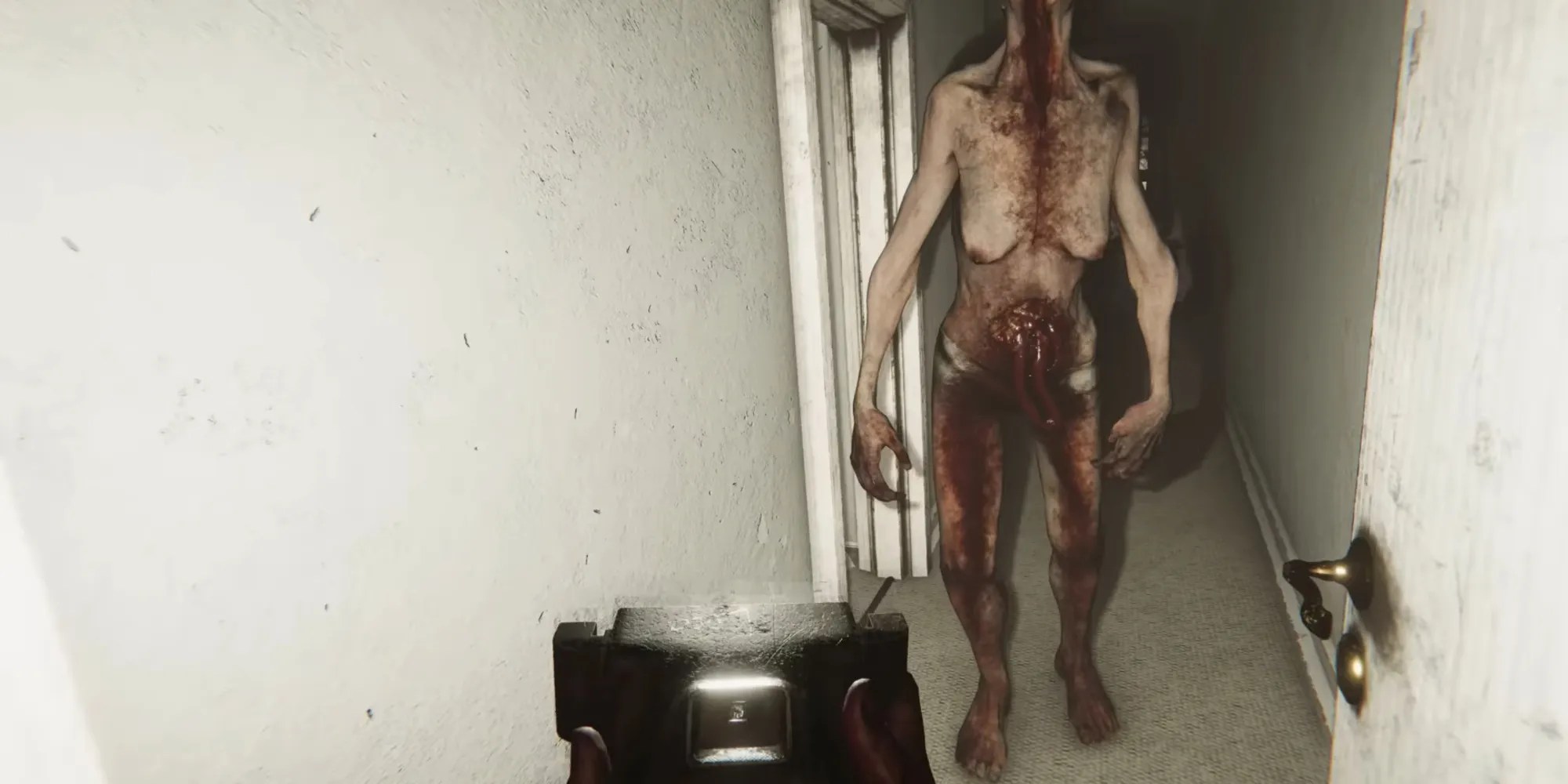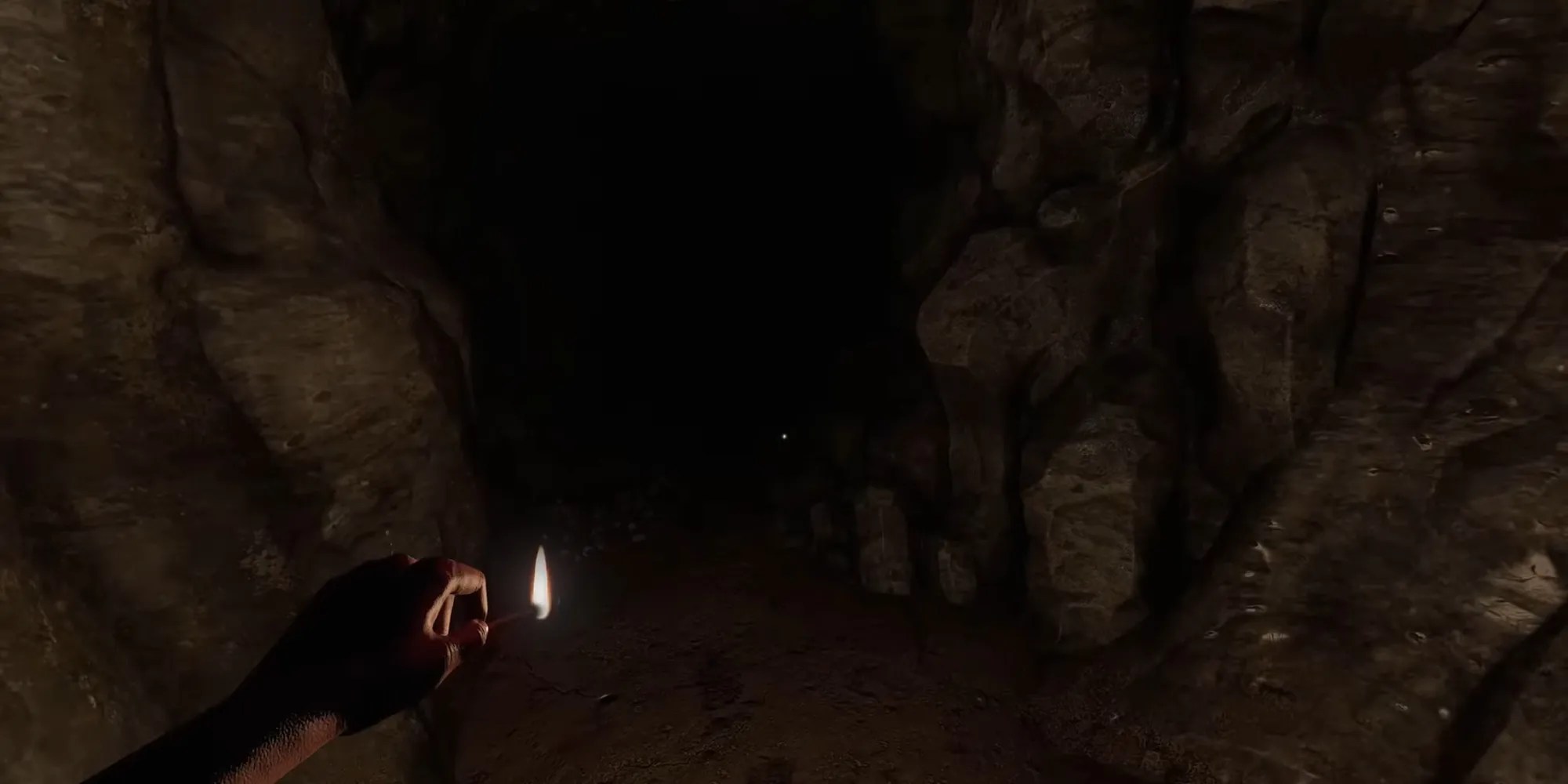A successful horror game lives on its ability to scare players. Developers who dabble in the horror genre should ensure the elements that make a horror game, for example, a spooky narrative, haunting monster design, or eerie soundscape, are all working towards the same goal: to make us soil our pants. However, since video games are an interactive medium, the mechanics themselves can prove most intense.
Horror games have tried numerous mechanics to ensurethe overall experience is terrifying and even stress-inducing.Being some of the most mechanically involved games, and since we are in control, they have a huge impact on the fear factor.

Updated May 11, 2025, by Christopher Padilla: As an interactive medium, video games have the potential to ratchet up the tension in ways that aren’t possible in other, more static mediums. We’ve added more ways that horror games up the intensity to the list, some of which is unique to the horror genre.
13Task Juggling
You know what’s hard to do when you’re scared? Anything. So it stands to reason that it’s a lot more difficult to doeverythingwhile also dealing with the fear of being attacked, even if the actual tasks are fairly simple.
Task Juggling is one of the things that makes the Five Nights At Freddy’s Games so intense, and this is best shown in FNAF 2, which tasks you with warding off homicidal animatronics AND keeping a jack-in-the-box wound up, lest the puppet end your night prematurely.

12Heart Rate Monitoring
A good horror game can make your heart race, especially if it does so by ratcheting up the tension before you even get the jump scare. But what if a game could pick up that frisson of terror and alter your gaming experience?
Some games can. Though it’s not an oft-used gimmick, it’s a cutting edge trick that we might see more of in the future. For example, in Nevermind, you’re put in stressful situations where you’re expected to calm yourself down or face the consequences. In Bring to Light, the game tailors the cadence of its horrors to your heartbeat, pacing the scares to you at a more intimate level.

11Quick Time Events
Though they’re considered passé nowadays, quick-time events were a potent tool of interactivity when they were introduced in video games. Unfortunately, repeated over- and misuse of the mechanic have given it a bad reputation.
Still, good quick-time events can really ramp up the tension in any game, especially a horror one. A good QTE can put you briefly into the same frantic scene as your protagonist, mashing away or trying to complete a simple sequence with death on the line.

10Jump Scares
These are among the oldest scare tactics — not just in gaming, but in the wider horror genre.Jump scares are still as prevalent as everand offer an effective means to deliver a high-intensity scare. The reason they work so well in gaming is that you pilot yourself toward them.
Game series likeFive Nights At Freddy’sturned jump scares into enemies and built an empire on pop-up horror. Love them or hate them, you cannot deny that an effective jump scare lingers with you long after the game is through.

9Being Chased
Horror game protagonists hate being chased — especially if the protagonist has no means to defend themselves. When you are given a simple objective like “run,” you know you’re in for an intense time.
Poppy Playtime is populated by chase sequences designed to be intense. Not only are the things chasing you horrific, but you’ll often be running throughmaze-like environments.Whenever this takes place in a horror game, when “hold to run” appears, so too does the stress.

8Keeping Quiet
With video games being an immersive form of media, you’ll sometimes find yourself mimicking certain gameplay mechanics as they happen — from steering the controller in a racing game to holding your breath in a horror game. Speaking of, when the game tells you to be quiet, a different kind of intensity unfolds.
Scenarios that force you to be still or hold your breath to evade detection cause the players themselves to do just that as if making a noise in real life will increase the chances of the monster finding you. We’ve all done it whilst hiding from that pesky Xenomorph inAlien: Isolation.

7Hiding
An extension of the keeping quiet mechanic is the always dread-inducing hide mechanic. A popular one for the horror genre, games, whereyou’re only means of defense, is cowering in a cupboard or hiding under a table automatically to help build tension.
It’s especially intense when you can just about see your pursuer looking for you. At Dead of Night delivered this mechanic perfectly, as not only could you see your pursuer via a variety of different FMV animations, but you never knew when or if they were going to unveil your hiding spot.

6Using A Camera Flash
Sometimes, the fun in horror games is preempting the spooky moment that’s about to happen and allowing that dread to sink in. When a game puts you in a dark corridor and gives you an old camera with a big flash, you just know you’re going to have to use said camera to light things up.
Madison builds an entire section around this mechanic. Snapping a corridor with a burst of light just to help see where you’re going also invites the chance of seeing aghost right in front of you.This mechanic is a big gulp moment and will always have you begging to turn the lights on.

5Your Light Source Running Out
There are horror game mechanics out there that verge on being more irritating than intense. Having a light source equipped that needs to be re-lit is definitely one of them, but if done right, it can have you shaking in your socks.
The more rudimentary the light source, the better the overall effect. Having to strike up another match or finding more candles is an intense micromanagement that’ll have you planning your journey more carefully. Or else be left in the dark…

4Staying Out Of Darkness
For some reason, hanging around in the dark in horror games can often cause physical harm alongside the obvious fear of the unknown. When a horror game tells you that darkness will affect your gameplay, you can be sure you’re in for an intense game of finding the light.
Usually, darkness affects your character’s sanity and ability to carry on living. Tormented Souls flat-out killed you if you lingered too long in the dark, whilst games like theAmnesiaseries would have more slow-burning, psychological effects as if the dark needed more ways to be scary.